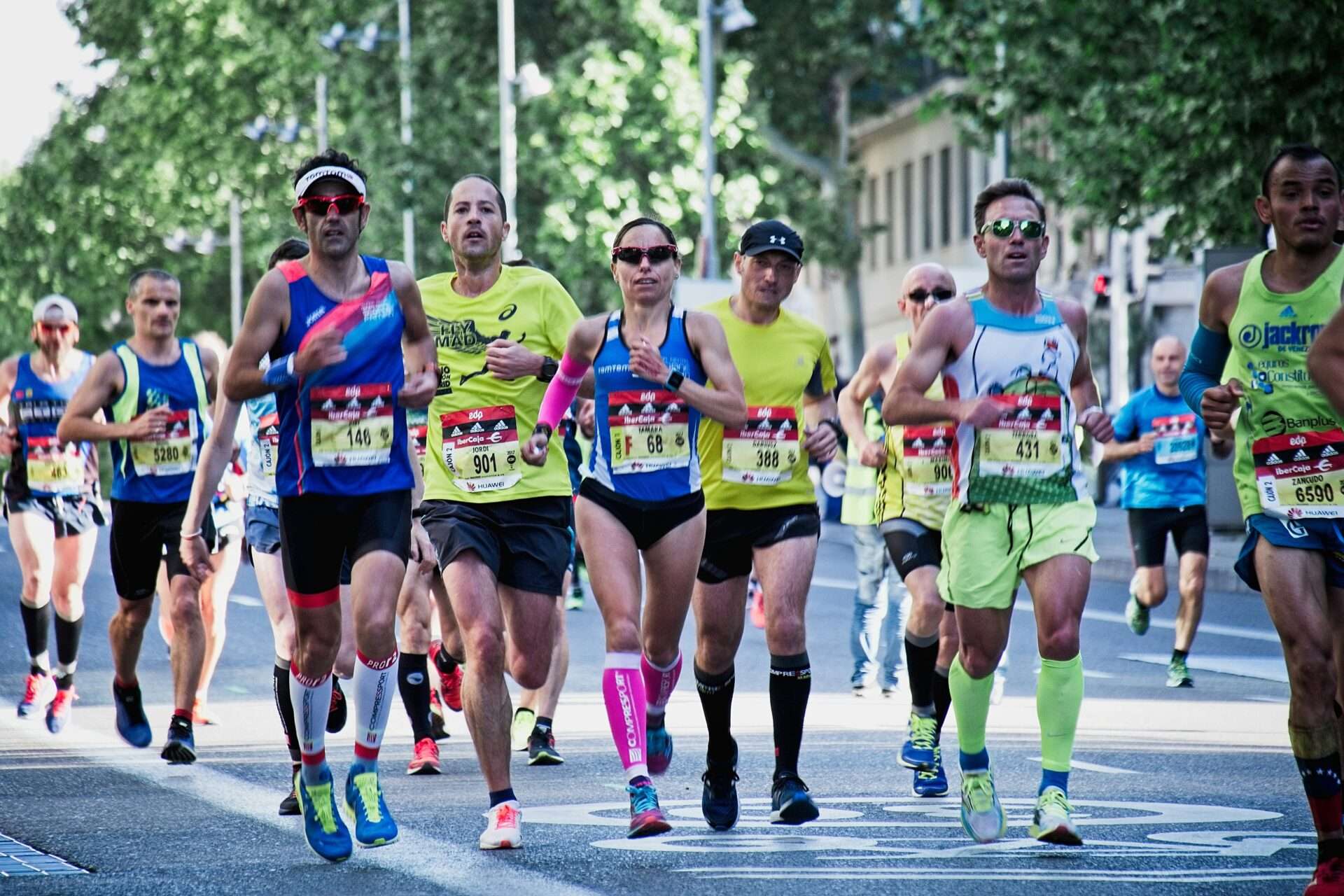The Evolution of Marathon Excellence
From its legendary origins in ancient Greece to today’s cutting-edge competitions, marathon running has undergone a remarkable transformation. This guide explores the sport’s progression, record-breaking achievements, and what the future holds for endurance running.
Key Milestones in Marathon History
- 490 BC: Pheidippides’ legendary run from Marathon to Athens
- 1896: First modern Olympic marathon in Athens
- 1967: Kathrine Switzer breaks gender barrier at Boston Marathon
- 2019: Eliud Kipchoge runs first sub-2 hour marathon
Landmark Marathon Records
Men’s World Record Progression
| Year | Time | Athlete | Location |
|---|---|---|---|
| 2022 | 2:01:09 | Eliud Kipchoge | Berlin |
| 2018 | 2:01:39 | Eliud Kipchoge | Berlin |
| 2014 | 2:02:57 | Dennis Kimetto | Berlin |
Women’s World Record Progression
| Year | Time | Athlete | Location |
|---|---|---|---|
| 2023 | 2:11:53 | Tigist Assefa | Berlin |
| 2019 | 2:14:04 | Brigid Kosgei | Chicago |
| 2003 | 2:15:25 | Paula Radcliffe | London |
The Sub-2 Hour Marathon Breakthrough
Eliud Kipchoge’s INEOS 1:59 Challenge
- Date: October 12, 2019
- Location: Vienna, Austria
- Time: 1:59:40.2
- Pace: 4:34 per mile / 2:50 per km
Key Factors in the Achievement
- Precision pacing by rotating team of elite runners
- Advanced shoe technology with carbon fiber plate
- Ideal flat course with minimal turns
- Optimal weather conditions (7-9°C, low humidity)
- Laser-guided pacing system
Modern Marathon Training Principles
Essential Training Components
- Base Building: Gradual mileage increase (10% rule)
- Long Runs: 18-22 mile peak distances
- Speed Work: Interval and tempo sessions
- Strength Training: Core and leg exercises
- Recovery: Active rest and proper sleep
Nutrition Strategies for Peak Performance
- Carbohydrate loading pre-race
- 60-90g carbs/hour during race
- Electrolyte replacement
- Post-race protein recovery
- Individualized hydration plans
Technology’s Impact on Marathon Running
Equipment Advancements
- Carbon-plated racing shoes
- Lightweight moisture-wicking fabrics
- Advanced GPS and biometric tracking
- Precision timing systems
Training Innovations
- AI-powered training plans
- Virtual reality race simulations
- Biomechanical analysis tools
- Recovery tracking technology
The Future of Marathon Running
Emerging Trends
- Potential for sub-2 hour official marathon
- Increased women’s participation and records
- More diverse representation in elite running
- Sustainable race organization practices
Ethical Considerations
- Technology vs. human performance debates
- Equitable access to advanced equipment
- Doping prevention measures
- Inclusion of para-athletics
Frequently Asked Questions
Will marathon times continue to improve?
Experts believe with evolving training methods and technology, times will keep dropping, though physiological limits exist.
How important are running shoes for performance?
Modern racing shoes can improve efficiency by 4-6%, making them significant for elite competitors.
Can amateur runners benefit from elite techniques?
While not all methods translate, principles like periodization and recovery can help runners at all levels.
What’s next after the sub-2 hour marathon?
The focus shifts to official race records, women’s records, and masters (age group) performances.



